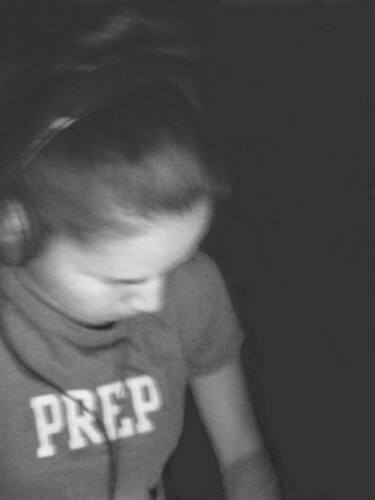"What if" scenarios are often suspect. They are sometimes thinly veiled tales of the gospel according to the author, taking on the claustrophobic air of a personal fantasia that can't be shared. Such is not the case with Philip Roth's tour de force, The Plot Against America. It is a credible, fully-realized picture of what could happen anywhere, at any time, if the right people and circumstances come together.
The Plot Against America explores a wholly imagined thesis and sees it through to the end: Charles A. Lindbergh defeats FDR for the Presidency in 1940. Lindbergh, the "Lone Eagle," captured the country's imagination by his solo Atlantic crossing in 1927 in the monoplane, Spirit of St. Louis, then had the country's sympathy upon the kidnapping and murder of his young son. He was a true American hero: brave, modest, handsome, a patriot. According to some reliable sources, he was also a rabid isolationist, Nazi sympathizer, and a crypto-fascist. It is these latter attributes of Lindbergh that inform the novel.
The story is framed in Roth's own family history: the family flat in Weequahic, the neighbors, his parents, Bess and Herman, his brother, Sandy and seven-year-old Philip. Jewishness is always the scrim through which Roth examines American contemporary culture. His detractors say that he sees persecution everywhere, that he is vigilant in "Keeping faith with the certainty of Jewish travail"; his less severe critics might cavil about his portrayal of Jewish mothers and his sexual obsession, but generally give him good marks, and his fans read every word he writes and heap honors upon him. This novel will engage and satisfy every camp.
"Fear presides over these memories, a perpetual fear. Of course, no childhood is without its terrors, yet I wonder if I would have been a less frightened boy if Lindbergh hadn't been president or if I hadn't been the offspring of Jews." This is the opening paragraph of the book, which sets the stage and tone for all that follows. Fear is palpable throughout; fear of things both real and imagined. A central event of the novel is the relocation effort made through the Office of American Absorption, a government program whereby Jews would be placed, family by family, across the nation, thereby breaking up their neighborhoods--ghettos--and removing them from each other and from any kind of ethnic solidarity. The impact this edict has on Philip and all around him is horrific and life-changing. Throughout the novel, Roth interweaves historical names such as Walter Winchell, who tries to run against Lindbergh. The twist at the end is more than surprising--it is positively ingenious.
Roth has written a magnificent novel, arguably his best work in a long time. It is tempting to equate his scenario with current events, but resist, resist. Of course it is a cautionary tale, but, beyond that, it is a contribution to American letters by a man working at the top of his powers.
Amazon.com
Friday, August 19, 2005
Subscribe to:
Post Comments (Atom)

0 comments:
Post a Comment